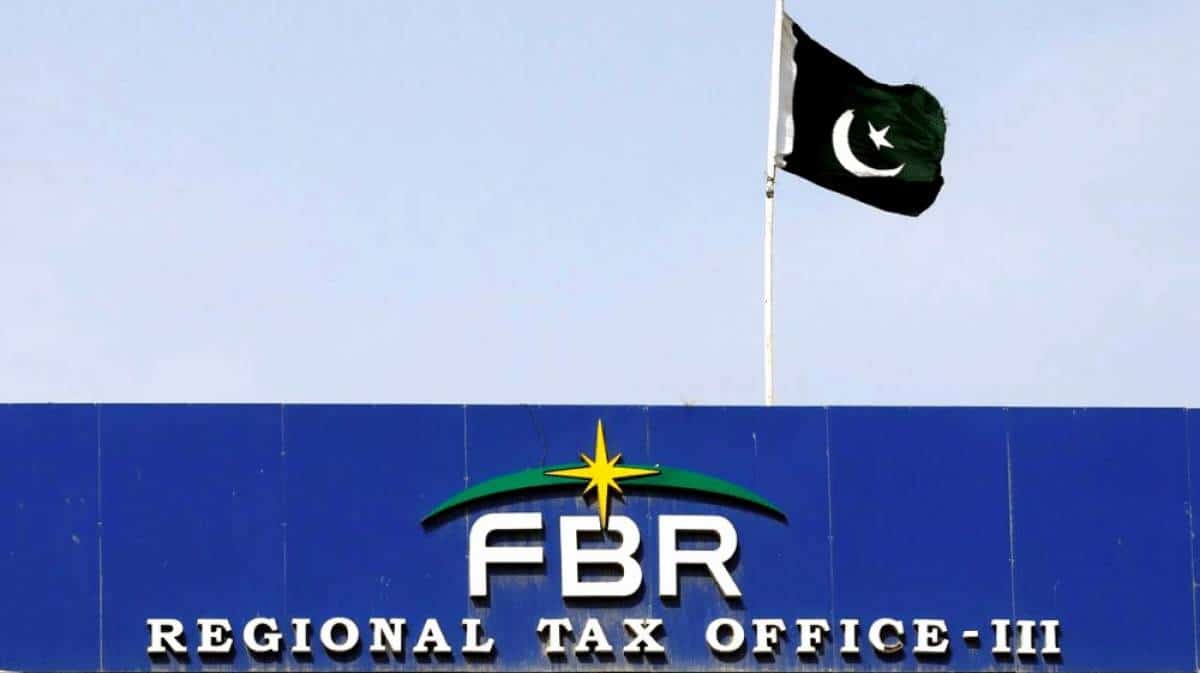The Federal Board of Revenue (FBR) on Thursday issued an income tax circular to explain payment through digital mode by the companies but did not issue a definition of the ‘digital mode.”
Under the Tax Laws (Third Amendment) Ordinance, 2021, any expenditure in excess of Rs. 0.25 million by the corporate sector will be inadmissible for tax deduction purposes if not paid through digital mode. The salaries in excess of Rs. 25,000/- per month if paid through digital mode would be an admissible expense or if paid through other banking channels.
After the promulgation of the Tax Laws (Third Amendment) Ordinance, 2021, it was demanded by the corporate sector to explain or define “digital mode.” The Income Tax Ordinance 2001 does not contain any definition of the digital mode. The definition of the digital mode would clarify to the corporate sector what kind of banking transactions are covered under the digital mode.
According to the income tax circular 7 of 2021 issued by the FBR on Thursday, the Tax Laws (Third Amendment) Ordinance, 2021 (hereinafter “the New Ordinance”) has brought about certain amendments in the Income Tax Ordinance, 2001 (hereinafter “the Ordinance”).
To improve documentation, a new clause (la) has been inserted in section 21 of the Ordinance. Previously payments under a single head account exceeding two hundred and fifty thousand rupees made by any taxpayer were required to be made through crossed cheques or crossed banking instruments, including digital payments.
Through this amendment, payments made by a company under a single head of account exceeding two hundred and fifty thousand rupees other than by digital means from the business bank account of the taxpayer notified to the Commissioner under section 114A of the Ordinance shall not be admissible as deductions.
However, certain expenditures on account of utility bills, freight charges, travel fare, and payment of taxes and fines would continue to be admissible even though paid in cash or via traditional banking instruments. The purpose behind this legislative enactment is to encourage digital payments and discourage traditional modes of transactions by the corporate sector in the first phase.
However, owing to the lack of total digital readiness by some corporate taxpayers, the corporate taxpayers are allowed to switch to this mode w.e.f. November 1, 2021. In the intervening period, they may use digital payments or continue with the existing procedure of making payments by a crossed cheque drawn on a bank, or by crossed bank draft or crossed pay order or any other crossed banking instrument, showing the transfer of amount from the business bank account of the taxpayer.
Currently, any salary paid or payable exceeding twenty-five thousand rupees per month has to be made through a cross cheque or direct transfer of funds to the employee’s bank account under clause (m) of section 21 of the Ordinance. In order to bring this provision in conformity with the newly inserted clause (la) ibid, in case of payments against salary in excess of twenty-five thousand rupees per month, the mode of digital payment has been added to the available modes referred to above, FBR added.






















